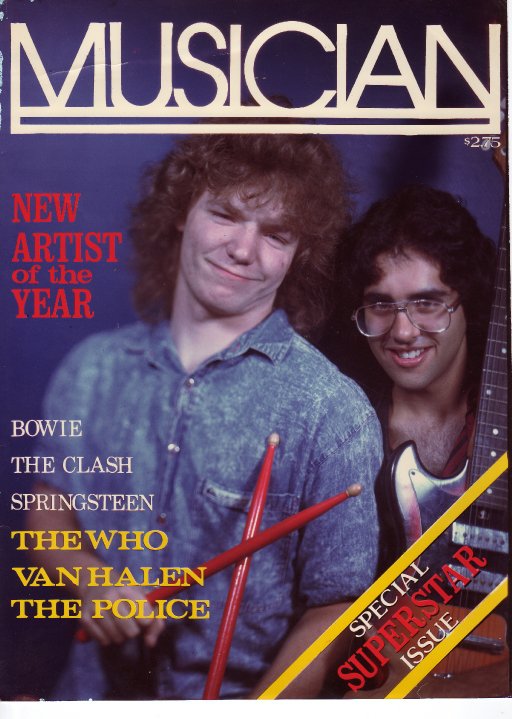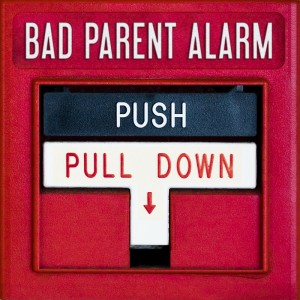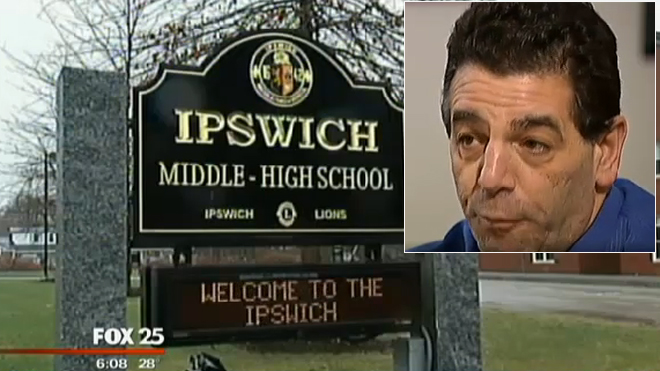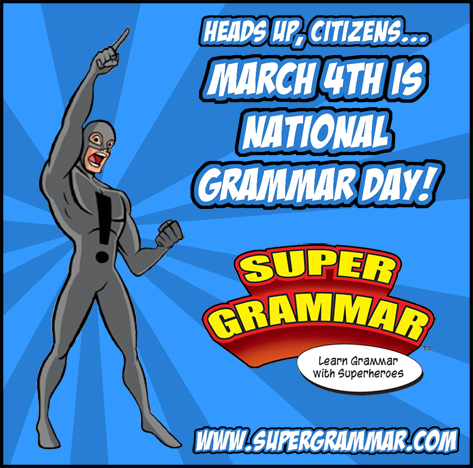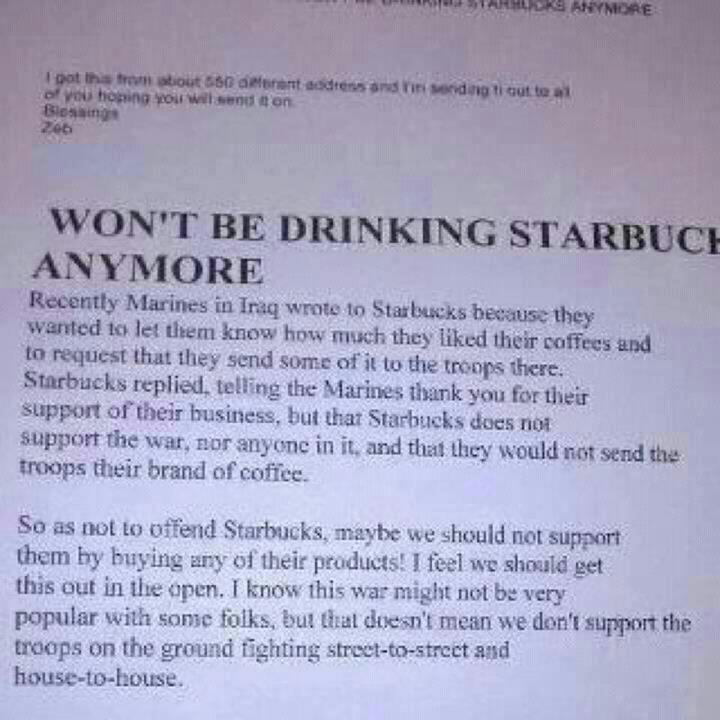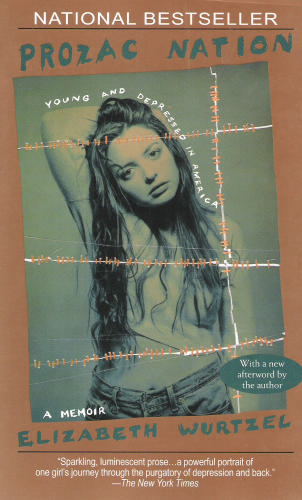Last year I wrote a post about a report suggesting autism is an affliction of the brilliant. One man mentioned as an example was WikiLeaks founder Julian Assange, who has described himself as having the “hacker’s disease.” Yesterday, a reader’s comment inspired me to revisit the issue.
Mood music:
[spotify:track:74Tgft8pxSCO0nkf4uxiM4]
The reader said in part:
This compares a neurological disorder to genius people whose curiosity takes finite state machines to places that their creators never imagined. How’s that? Julian (who I met once) is an egomaniac and an arrogant prick, and Daniel (who I do know) and the rest of them have given him the Heisman. If he’s representative of hackers, then I’m cancelling my membership! Kids have always been a PITA for parents, especially ones that “won’t behave”. First it was “hyperactive” – then it was “ADD” then “ADHD”. It’s always some excuse for f**ked up parents who hit their kids, kids who are too smart and see through their parents’ bullshit.
A friend in the security community once took me to task for using the autism angle because he felt it was unfair to compare someone with a neurological disorder with me and my OCD struggle. He was right that the two are vastly different things, but for me it wasn’t simply about comparing myself with someone who has autism. It was more about my interest in people who have abilities within them, diseases and disorders be damned.
We’ve seen countless stories about people who rise above physical and mental limitations to achieve greatness, and I’m always inspired after hearing about them.
As for the reader’s comment, I agree with one thing: A lot of parents do make excuses for kids who don’t fall in line, and that often leads to a misguided diagnosis. But that’s beside the point.
Is something like autism a hacker’s disease? I have no idea. Frankly, I don’t care.
Each of us has something from within that can either hold us back or propel us forward: A blessing hidden inside a perceived curse. That’s what OCD has been for me: A curse when left to rage out of control, and a blessing when managed and properly harnessed.
Some of us are afflicted with disorders that can’t be managed so easily; maladies that force people into wheelchairs or psychiatric hospitals. The victim has little control over it, and is trapped. For some, the affliction attacks the nerves and muscles. For others, the disease targets the brain and disables basic functions. In both cases, all or part of the brain still burns brightly, and the individual is able to ride that to something good. Like Stephen Hawking. And, in some cases, like hackers.
The one constant is that we’re all handed challenges in life. If the mind works, what matters from there are the choices we make and the lengths we’re willing to travel to rise above.


